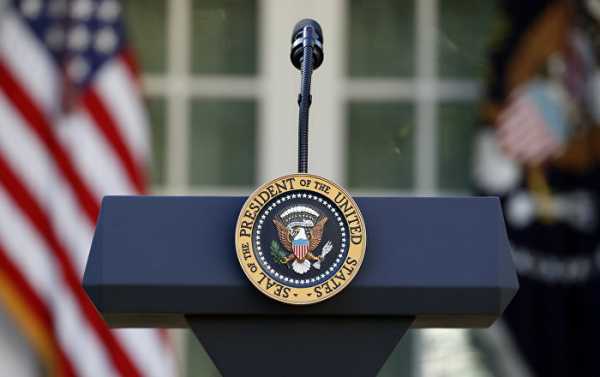
Beating out semantic hopefuls including ‘gaslighting’ and ‘techlash,’ the word ‘toxic’ has been chosen by the English-language authority Oxford Dictionaries to be its 2018 word of the year.
‘Toxic’ was chosen by the last word of the British lexicon due, in part, to the “sheer scope of its application,” according to the publisher’s website.
“In 2018, toxic added many strings to its poisoned bow becoming an intoxicating descriptor for the year’s most talked about topics,” the Oxford University Press website cleverly detailed in a Wednesday announcement.
First published in 1884, Oxford Dictionaries — considered to be the preeminent dictionary of the English language — defines ‘toxic’ primarily as ‘poisonous.’ The roots of the word ‘toxic’ stem from a medieval Latin term: “toxicus,” describing something that is poisoned or is infused with poison.
Oxford Dictionaries (OD) proprietary data revealed a 45 percent rise in lookups for the word in 2018.
“Our research shows that this year, more than ever, people have been using ‘toxic’ to describe a vast array of things, situations, concerns and events,” noted an OD tweet.
The OD tweet explainer noted that the word toxic is used literally to describe chemicals and metaphorically to describe relationships and, notably, masculinity in the context of sexual or romantic relationships.
The OD tweet observed that the #MeToo movement “put the spotlight on toxic masculinity,” and also pointed out the use of the word ‘toxic’ in politics to describe “rhetoric, policies, agendas and legacies of leaders and governments around the globe,” cited by CNBC.com.
“Toxic” beat out “techlash,” a new word OD defined as “a strong and widespread negative reaction to the growing power and influence of large technology companies, particularly those based in Silicon Valley.”
“Techlash” has been a consistent keystone in arguments that seek the regulation of tech companies like Amazon, Google and Facebook, even as data breach scandals and monopoly accusations rise.
OD noted that additional close contenders for the 2018 word of the year included “gaslighting,” “incel,” “overtourism” and “orbiting,” according to CNBC.
‘Youthquake’ topped the list for 2017, while ‘post-truth’ won the spot in 2016.
Candidates for the winning spot are gleaned using the publisher’s own research program, collating some 150 million English-language words.
An OD phrase or word of the year is “judged to reflect the ethos, mood, or preoccupations of the passing year, and have lasting potential as a term of cultural significance,” according to the publisher’s website.
Sourse: sputniknews.com






